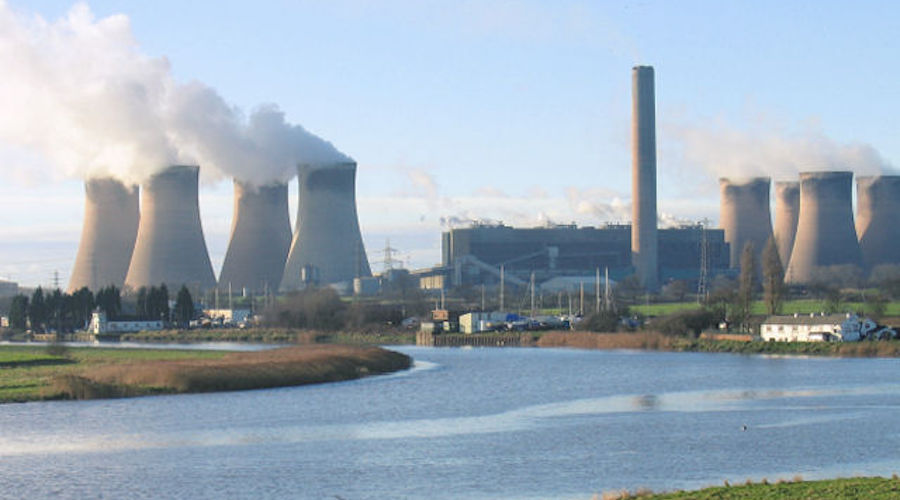Energy prices crash in Europe as old, new fuels vie for share

Gas and coal prices are plunging in Europe, hurt by the relentless threat of ever-cheaper clean energy that’s gaining market share and pushing out the fossil fuels in the process.
Both energy commodities had their fourth weekly decline, with benchmark Dutch gas posting the biggest first-half slump in a decade. That’s exacerbated by a glut of liquefied natural gas cargoes arriving in Europe. Prices have fallen far enough that gas-fired power stations in Germany are making more money than those burning coal, which usually is the more profitable fuel.
“LNG is now so cheap it’s competing with coal almost,” said Caroline Bain, chief commodities economist at Capital Economics Ltd., who sees slowing demand for coal. “It’s not actually falling off a cliff. We think it’s going to be a long slow death rather than tomorrow.”
The price slump is one sign of Europe’s determination to phase out coal as it seeks to slash climate-warming emissions without holding back the economy. Renewables are also in the fight for market share, with onshore wind and solar power “fast becoming cheaper than average power prices in Europe’s largest markets,” according to a research by BloombergNEF.
Front-month Dutch gas prices, a benchmark for Europe, plunged by half this year as record volumes of LNG landed in northwest Europe. Coal for next year has dropped by about a quarter after a mild winter left inventories at European ports unusually high.
“There’s too much coal,” said Hans Gunnar Navik, a senior analyst at StormGeo AS. As “natural gas out-competes coal,” renewable generation is replacing both of them, he said.
The pressure will keep mounting on governments to retire coal, said Daniel Rossetto, managing director of Climate Mundial, a London company that advises on climate-protection programs and emissions trading.
The U.K. hasn’t burned coal for power a record 15 days as it speeds toward phasing out the fuel by 2025. German Chancellor Angela Merkel’s administration announced its exit plan in February, saying it will wean the nation, Europe’s biggest coal market, off the fossil fuel over two decades.
Still, analysts don’t see prices falling much further this year. Bain expects coal to finish this year at $60 a ton, higher than current levels of about $57 for the July contract. Gas prices in Asia, the biggest consumer of LNG and increasingly influential on European markets, may advance 40% to $7 per million British thermal units, she said.
With gas, “there’s scope for rapid demand growth, perhaps partly because of lower prices but also because of the general shift toward cleaner fuels,” Bain said. “We think this is a bit of a seasonal trough at the moment. We are positive on gas and negative on coal.”
(By Mathew Carr, Jeremy Hodges and Eddie van der Walt)
More News
Contract worker dies at Rio Tinto mine in Guinea
Last August, a contract worker died in an incident at the same mine.
February 15, 2026 | 09:20 am
{{ commodity.name }}
{{ post.title }}
{{ post.date }}




Comments